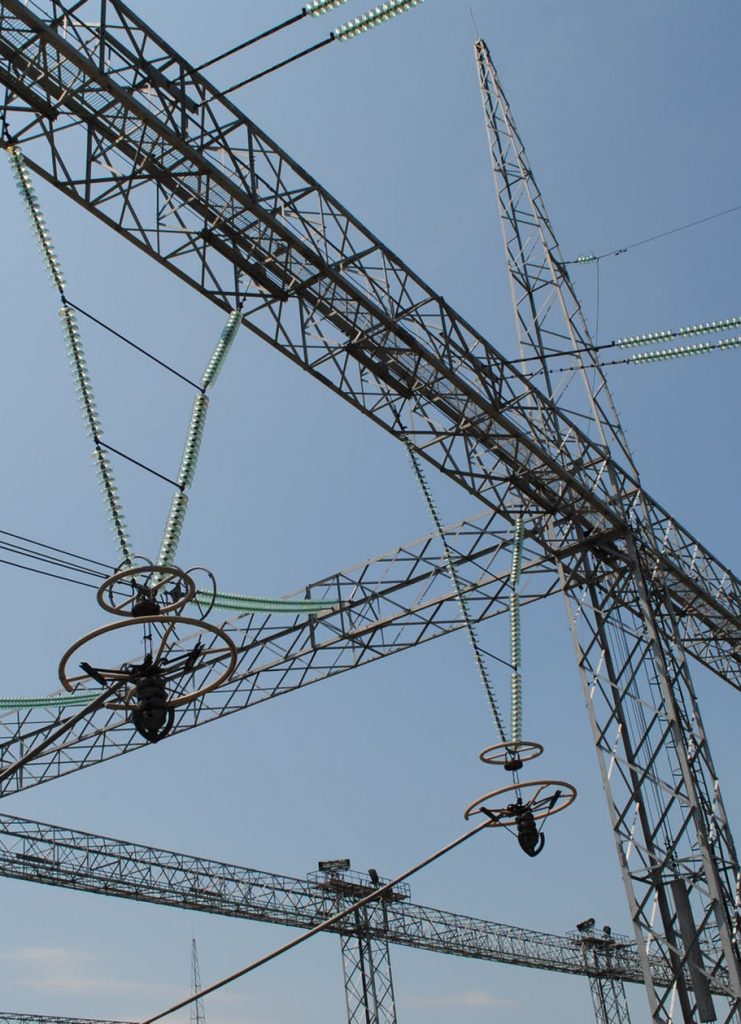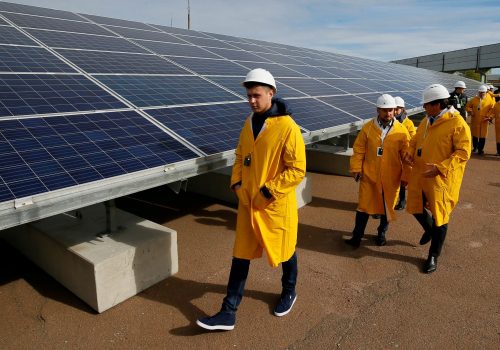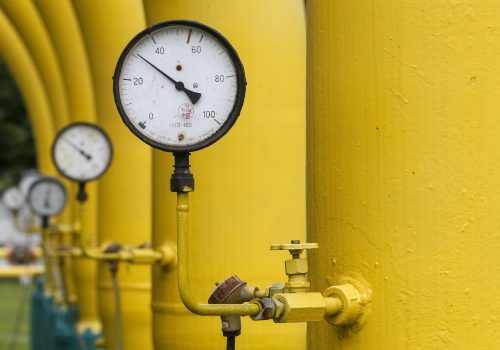The fate of Ukraine’s energy sector has driven significant elements of the global agenda this year, as Russia uses an energy crisis in Europe to pressure the continent and especially Ukraine. Ukraine knows that enhancing its green energy capabilities will increase its self-sufficiency and weaken Moscow’s ability to use oil and gas as a cudgel, but a full transformation remains far off. Ukraine also is working hard to join the EU electricity grid to enhance its energy security. With the combination of a European energy crisis, Russia’s looming troop build-up and threats to energy security, and the Ukrainian government’s slow progress on fulfilling its decarbonization promises, how does Ukraine ensure its energy needs and implement reform to ensure a brighter energy future?
Ambassador John Herbst, senior director of the Atlantic Council’s Eurasia Center, moderates a panel discussion with Dr. Anders Åslund, senior fellow at the Stockholm Free World Forum, Robin Dunnigan, deputy assistant secretary at the Bureau of European and Eurasian Affairs at the US Department of State, Maxim Timchenko, CEO of DTEK, and Svitlana Zalishchuk, international affairs advisor to the CEO of Naftogaz of Ukraine, on the future of energy security in Ukraine.
spotlight

Ukraine and European energy security
Reliable transit of natural gas through Ukraine is essential for European energy security. Ukraine’s recent agreement with Russia on the transit of gas, ensures continued energy supplies to Europe for the duration. However, achieving long-term energy security in Europe will rely on success in Ukraine.
RELATED experts

The Eurasia Center’s mission is to promote policies that strengthen stability, democratic values, and prosperity in Eurasia, from Eastern Europe in the West to the Caucasus, Russia, and Central Asia in the East.




